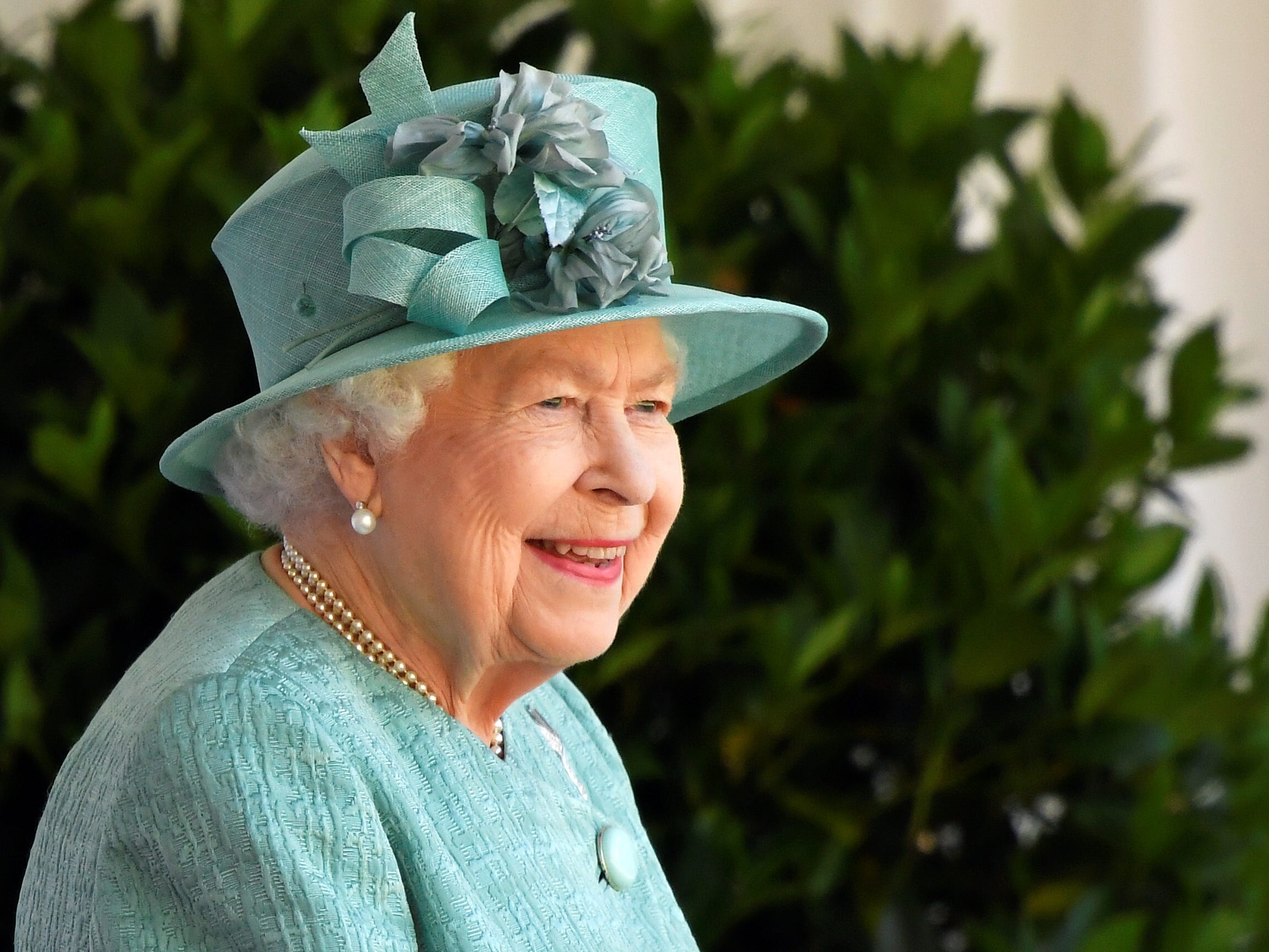
- Queen Elizabeth II received a blockchain journal in the post, and was “interested to learn that the publication is the first open access blockchain research journal available both in print and online,” according to a letter from her office.
- In a letter to the British Blockchain Association, which sent the journal, a member of her office said the queen “much appreciated [the] thoughtful gesture,” as first reported by the Financial Times.
- It’s unclear whether the queen had any knowledge of blockchain before receiving the journal.
- Visit Business Insider’s homepage for more stories.
Queen Elizabeth II was interested in a blockchain journal posted to Buckingham Palace, her office has said.
The British Blockchain Association (BBA) sent the queen a copy of the sixth edition of its journal, and its president received a letter from her private secretary’s office thanking him, as first reported by The Financial Times.
The Journal of the British Blockchain Association included papers on blockchain in relation to privacy law, project management, and socio-technical perspectives.
“Her Majesty was interested to learn that the publication is the first open access blockchain research journal available both in print and online,” the letter, which was shared on LinkedIn, said.
The queen “much appreciated [the] thoughtful gesture,” a member of her private secretary’s office added.
Blockchain is the type of database used for cryptocurrencies such as Bitcoin.
The BBA is a not-for-profit organization that describes itself as "the most influential voice in the blockchain industry." It says it works with groups including the United Nations, the UK Department for International Trade, universities, IBM, and Microsoft.
The BBA describes the articles in its journal as "readable and accessible for a broad audience."
It's unclear whether the monarch had any prior blockchain knowledge before receiving the journal.
Queen Elizabeth II isn't the first royal to express an interest in cryptocurrencies.
In 2018, Crown Prince Alois of Liechtenstein told CNBC that digital tokens such as bitcoin were "something to look into more into the future," and could be used to make administration more efficient in the central European microstate. But he also noted that cryptocurrencies remain "very risky."
